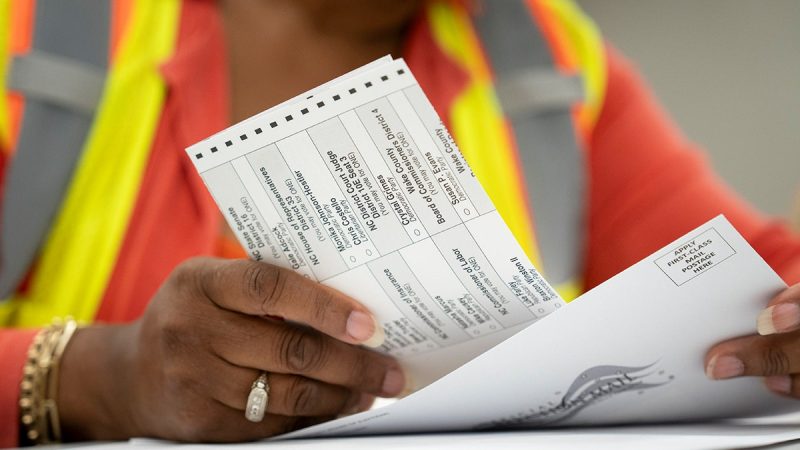In recent years, the Supreme Court of the United States has found itself at the center of numerous high-profile cases, including those with significant political implications. Given the Court’s role as the ultimate arbiter of constitutional matters in the country, its decisions can have far-reaching consequences and shape the course of American politics. Against this backdrop, experts are closely monitoring the potential involvement of the Supreme Court in the upcoming 2024 presidential election.
One of the primary reasons experts predict that the Supreme Court is likely to stay out of the 2024 presidential election is the principle of judicial restraint. The Court generally seeks to avoid getting embroiled in overtly political matters, especially those that could call its impartiality into question. By refraining from intervening in the presidential election process, the Supreme Court aims to uphold its reputation as an independent and apolitical institution that is dedicated to interpreting the law rather than shaping electoral outcomes.
Furthermore, the Court’s historical reluctance to wade into election disputes unless absolutely necessary serves as a guiding precedent. While the Supreme Court has played a pivotal role in certain landmark cases related to elections, such as Bush v. Gore in 2000, these instances are viewed as exceptions rather than the norm. In the absence of clear constitutional violations or disputes that demand immediate resolution, the Court tends to defer to other branches of government or legal authorities to handle election-related matters.
Another critical factor that may influence the Supreme Court’s decision to stay out of the 2024 presidential election is the composition of the Court itself. With the current balance of conservative and liberal-leaning justices, the Court must navigate delicate political terrain to maintain its legitimacy and credibility. Justices are acutely aware of the potential pitfalls of being perceived as partisan actors, and the majority of them prioritize upholding the rule of law above all else.
Moreover, the Supreme Court’s docket is already filled with a diverse array of cases that demand its attention. From contentious issues such as abortion rights and gun control to questions of executive power and individual liberties, the Court faces a myriad of complex legal challenges. Given these pressing matters, the justices may opt to allocate their limited resources and judicial capital to cases that have a more direct impact on the interpretation and application of the law.
Ultimately, while the Supreme Court’s involvement in the 2024 presidential election cannot be definitively ruled out, experts suggest that it is unlikely to play a decisive role in shaping the outcome. The Court’s commitment to judicial independence, historical precedents of restraint, and the complexities of its existing caseload all point towards a scenario where the justices may opt to stay on the sidelines. As the country gears up for another pivotal electoral cycle, the Supreme Court’s stance on remaining outside the fray underscores its role as a stalwart guardian of the Constitution and a bastion of legal integrity.

